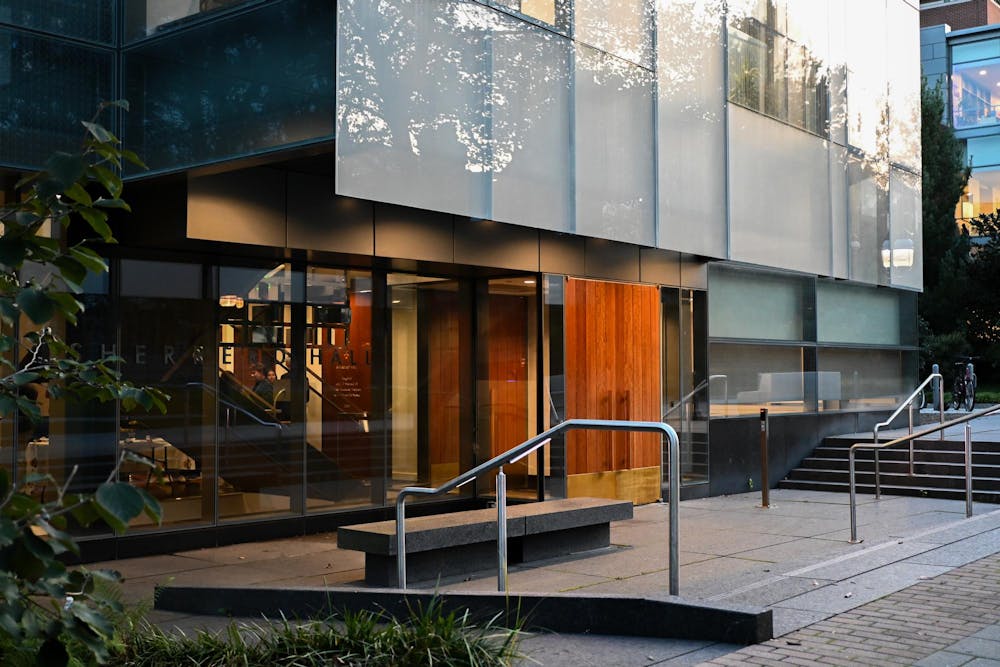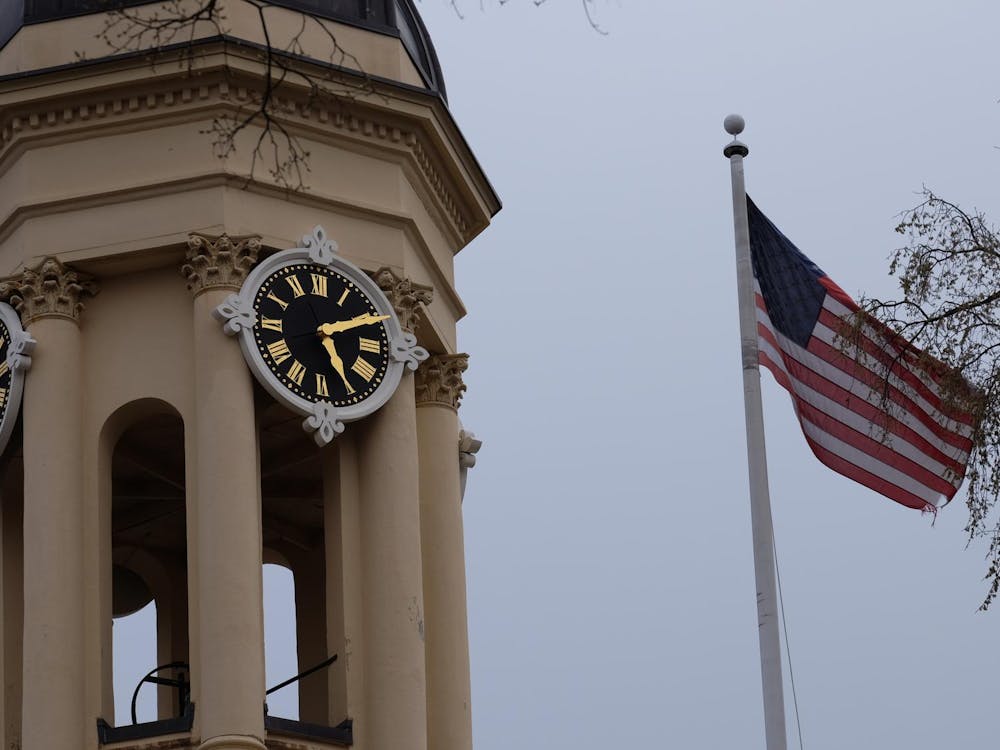The following is a guest contribution and reflects the author’s views alone. For information on how to submit a piece to the Opinion section, click here.
One thing many graduate students at Princeton know all too well is the struggle of finding the right advisor. As recent reporting in The Daily Princetonian has noted, this struggle is often felt acutely in the natural sciences and engineering, to the point where some graduate students regret their choice to come to Princeton.
It is unacceptable for one of the wealthiest and most prestigious universities in the world to routinely fail their graduate students in this manner. Unpredictable departmental policy changes and restrictions on working with faculty across departments puts already-precarious graduate researchers in impossible situations — situations which again and again leave grads at the whim of a few faculty and administrators, without the resources and institutional support for redress.
As graduate organizers with Princeton Graduate Students United (PGSU), we know that Princeton can be a great place to do graduate research. Many graduate students at Princeton are supported throughout their graduate careers by wonderful advisors and helpful departments. Both of us have been so lucky in this regard during our time at Princeton. But we also know that graduate students have no guarantees of comprehensive research support, and this uncertainty is a tremendous source of stress for many of our peers. We are actively seeking union recognition to make sure that the support given to some graduate students can be guaranteed to all.
The Operations Research and Financial Engineering (ORFE) graduate students interviewed by the ‘Prince’ are unfortunately not alone in experiencing advising issues in their department. Another ORFE graduate faced similar issues to those described in the story. They told us recently, “A professor at another university told me not to go to ORFE when I was choosing Ph.D. programs, and I wish I had taken their comment seriously. My experiences with this department and the Graduate School have squashed any aspirations I had of pursuing an academic career. I sincerely wish the remaining students luck with completing their Ph.D.s, but want to remind them that they are not failures for struggling to thrive in a department where the system is actively set up against their success.”
Lack of support for graduate research is not unique to ORFE. As we have organized over the past two semesters, we have come across numerous students across natural science and engineering departments who struggle to find advisors to support their research. While ORFE is a particularly egregious example of a department’s lack of graduate support, this issue is frustratingly common at this university.
In the 2022–2023 academic year, first-year graduate students in the Electrical and Computer Engineering (ECE) department told union organizers that they felt scared that they would not be able to find a research advisor due to the size of their cohort. During a time when most new students were already under pressure trying to manage the heavy first-year course load in ECE, they were additionally dreading the possibility that there might not be enough advisors to go around. In the 2018–2019 academic year, a larger-than-anticipated incoming class led to similar issues in the Computer Science (COS) department. Some students who could not find an advisor told us that they were advised to leave their Ph.D. program after their first year. Others said that they were pushed out after their second-year general exams. Princeton’s “giant mess” of an advisor-matching process (as one former graduate student put it) forced these students to abruptly upend their careers and living situations after expecting to be at Princeton for five or more years.
Concerns about departmental retaliation, too, are rampant. Once graduate students find advisors, departmental culture makes them worried about speaking out against the lack of support. As was the case for the ‘Prince’ article, finding graduate students who feel secure enough to speak with their name attached about this issue is difficult.

But it doesn’t have to be this way. Graduate research can be adequately supported in finding an advisor, and graduate researchers can have access to neutral institutional pathways for addressing issues when they arise. For example, the University could guarantee transition funding for graduate students who need to find a more supportive advisor or allow them access to neutral, third-party processes to resolve grievances with their advisor. The Graduate School could decide to beneficently grant us this support and these protections, but we have little reason to expect that it will under current conditions. For years, graduate students have persistently advocated for themselves within their departments for more support, better advising, and clearer policies. In many cases, no ameliorative measures have materialized.
But we do not need to wait for a change of heart from our departments or the Graduate School to create better research conditions for graduate students. We and many other graduate students are seeking legal protection and representation by forming a union. We are not alone in doing so: thousands of graduate students at other higher-ed institutions across the country, including all of our Ivy League peers, have unionized or are working to unionize to build the power needed to win the support and protections necessary for us to continue to produce world-class research.
With our union, we will engage in collective bargaining to negotiate a contract with the University administration. This contract can directly improve research support by defining the expectations and guarantees around our work. We want transparent reporting on the advisor matching processes, concrete expectations for advising time with faculty, and guaranteed transition support for graduate students who are switching advisors or having trouble finding an advisor to support their research in the first place. Mandatory per-semester supervisor meetings and support for switching supervisors were rights won by graduate workers at Johns Hopkins University in recent contract negotiations. Transition support is also guaranteed by MIT’s graduate union contract. At Columbia, graduate workers won similar guarantees along with a commitment from the University for a newly-appointed Transition Coordinator to support graduate students in changing advisors.
As we are writing this piece, over 1700 graduate students at Princeton have signed union cards. We are excited about the next phase of our campaign, and we are even more excited to win union recognition and bargain our first contract. Without a union, the lack of support that characterizes ORFE students’ experiences, and the experiences of so many others at Princeton, will continue, unaddressed.

Time and time again, department leadership and the Graduate School have failed to protect graduate students from advising-related issues. With a strong union and a strong contract, we will make Princeton a better place to pursue a Ph.D. We cannot wait for the administration to find the goodwill to address our concerns. Instead, we must unionize and then use the tools that unionizing will give us to win the support we deserve.
Tim Alberdingk Thijm is a sixth-year graduate student in the Computer Science department and can be reached at tthijm@princeton.edu. Gaby Nair is a fourth-year graduate student in the Politics department and can be reached at gbnair@princeton.edu.








